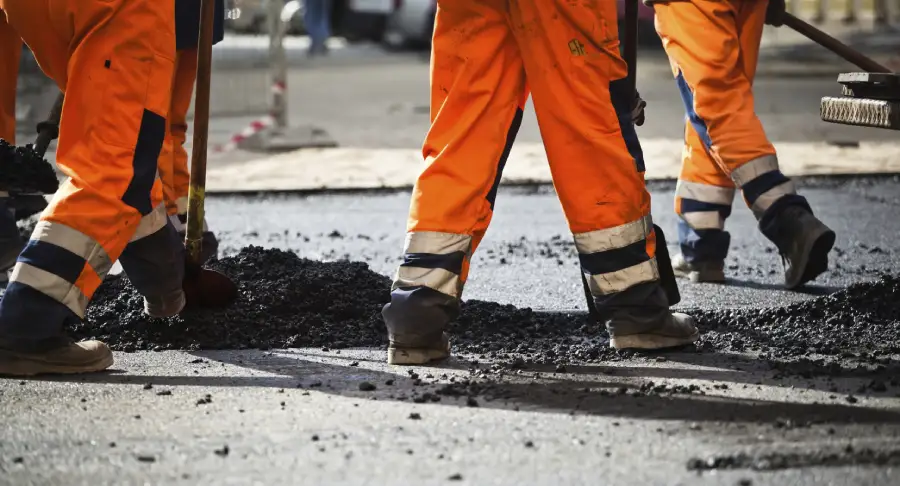A Detailed Guide to Renewing Road Surfaces
In today’s world, maintaining roads is crucial for safe travel and efficient transportation. One way to keep these roads in good condition is through the asphalt resurfacing process. This method offers a cost-effective solution to repair and renew road surfaces. By understanding this process, one can appreciate its benefits and see why it is essential for communities. Let’s explore the step-by-step approach used in asphalt resurfacing and how it contributes to road longevity.

The Basics of Road Repair
Before diving into specifics, it’s important to grasp what road repair involves. It focuses on fixing minor damages like cracks or potholes. A well-maintained road ensures safety for drivers and longevity for vehicles. The goal is to prevent more significant issues that might lead to costly repairs.
What Is Surface Renewal?
Surface renewal refers to the process of applying new material over existing road layers. It aims to improve the road’s appearance and durability. Asphalt resurfacing is a common method used in surface renewal projects. This technique helps extend the life of roads without needing complete reconstruction.
Preparing for Road Work
Preparation is key to successful road work. Before starting, professionals assess the current state of the pavement. They check for any underlying issues that need addressing. This step ensures the new surface layer will adhere properly and last longer.

Steps in the Resurfacing Process
- Cleaning: Clearing debris from the road surface is vital.
- Repairing: Fixing cracks or holes prevents future problems.
- Milling: Removing the top layer creates a smooth base for new material.
- Paving: Applying the fresh asphalt layer enhances durability.
- Compacting: Pressing down the new layer ensures evenness and strength.
Benefits of Resurfacing Roads
There are several advantages to resurfacing roads. Firstly, it improves vehicle safety by removing irregularities. Secondly, it extends the lifespan of existing infrastructure. Lastly, it boosts curb appeal, which can increase property values nearby.
Troubles That May Arise
Even with careful planning, challenges can occur during roadwork. Delays due to weather or unforeseen issues can impact timelines. It’s also possible that costs may increase if additional repairs are needed after resurfacing starts.
Solutions for Common Issues
- Monitor weather forecasts closely before starting projects.
- Keep extra resources ready for unexpected repairs.
- Regularly inspect equipment to ensure it’s in working order.
- Communicate clearly with stakeholders about potential delays.
Ensuring Quality Standards
Adhering to industry standards ensures high-quality outcomes. Professionals use specific techniques to meet regulations and maintain consistency across projects. This dedication safeguards public investment while providing reliable roads.
Financial Considerations
When planning a project, budgeting is crucial. Factors like materials, labor, and equipment rental influence overall costs. However, investing in quality now can save money long-term by reducing maintenance needs.
Final Thoughts on Asphalt Projects
In summary, understanding each step involved in renewing road surfaces allows you to make informed decisions about your community’s infrastructure needs. By working with experts who prioritize quality, you ensure both safety and value for all users. Contact us today at (404) 293-2624 to discuss how Ed's Paving and Seal Coating LLC can help with your next project. Based in Waleska, GA, we offer professional services tailored to meet diverse requirements efficiently.
